Dilemas turcos en el Cáucaso

Festejos en Sujumi tras el reconocimiento de la independencia por Rusia, agosto, 2008. Fotografía que acompaña el artículo de "Hürriyet" reproducida más abajo
La crónica que sigue a continuación complementa el post anterior, aunque no es sino una pincelada más en el cuadro de la reactivación de la compleja política turca en el Cáucaso, que el nuevo ministro Davutoglu está relanzando con su viaje por la región.
A pesar de que Venezuela acaba de reconocer la independencia de Osetia del Sur y Abjasia, desde luego parece injustificado el optimismo del ministro de Asuntos Exteriores de esta última república, Sergei Shamba, con respecto a la posibilidad de que Ankara haga lo mismo en breve plazo. Pero no se recata de admitir que existen "constantes contactos a diferentes niveles" entre Sujumi y Ankara. Toda una muestra del complejo juego diplomático de Turquía en la zona, todavía más enrevesado por la reciente aproximación a Rusia, y mientras parecen intensificarse las tensiones entre Armenia y Azerbaiyán.
Abhazia hopes swift recognition from Turkey
Thursday, September 10, 2009
DÖNDÜ SARIIŞIK
ANKARA - Hürriyet Daily News
Turkish foreign policy’s dilemma on the Georgia-Abkhazia conflict is rising to the surface once more. ‘We certainly hope that Turkey will recognize Abkhazia. There are some positive signals," Abkhazian Foreign Minister Sergei Shamba said following his talks with high-ranked Turkish diplomat Ünal Çeviköz.
The first-ever visit by a high-ranking Turkish diplomat to the self-proclaimed Abkhazia Republic has boosted the breakaway republic's hopes of being recognized by Turkey.
“We certainly hope that Turkey will recognize Abkhazia. There are some positive signals but they have to be materialized. We’re waiting for a more active approach,” Abkhazian Foreign Minister Sergei Shamba told the Hürriyet Daily News & Economic Review in a phone interview.
Turkish Deputy Undersecretary Ambassador Ünal Çeviköz visited Abkhazia on Thursday on the sidelines of Foreign Minister Ahmet Davutoğlu’s official talks with Tbilisi. Georgian officials were informed in advance about Çeviköz meetings in Abkhazia, reaffirming that Turkey’s policy of protecting the territorial integrity and political unity of Georgia has not changed.
Abkhazia announced its independence in 1999. But what changed the landscape was Russia’s recognition of Abkhazia and South Ossetia last year after the war with Georgia. Nicaragua and Venezuela followed Russia, increasing the hopes of this tiny breakaway state
Turkish foreign policy’s dilemma on the Georgia-Abkhazia conflict rose to the surface once more after a Turkish vessel called Buket was seized in international waters by Georgian coast guards with accusation of smuggling oil to Abkhazia. The captain, Mehmet Öztürk, was sentenced to 24 years in prison, but was released on Monday as a result of Davutoğlu’s talks in Tbilisi.
“The main topic was about the captured ship and our bilateral relations,” Foreign Minister Shamba said in the wake of his talks with Ambassador Çeviköz.
Seeking alliance with Turkey
With hope of a Turkish alliance, Shamba said: “We want Turkey to make its position clear that the capture of a Turkish ship in international waters is not admissible. It is in the interest of regional stability to prevent any escalation from taking place.”
“The talks were constructive,” he said, declining to give further details.
Shamba complained about the lack of direct transportation links with Turkey and urged that Abkhazian diaspora are deeply in need of it. Turkey, however, still supports the economic sanctions imposed against Abkhazia by the Commonwealth of Independent States.
“We’d like to develop economic and humanitarian contact with Turkey. We request opening of communications and passenger transport. It is a big interest because we are neighbors and we have a big Abkhazian diaspora in Turkey,” he said.
Around 500,000 Turkish citizens consider themselves to be of Abkhazian origin. Ambassador Çeviköz’s visit gave hope to those who have been lobbying for recognition of the Abkhazia Republic
Asked if he was assured that Turkey shifted its policy and might soon recognize Abkhazia, Shamba replied: “It is difficult to say now, but we’ll closely follow the situation and we’d like to maintain contacts with Turkish representatives.”
In response to Shamba’s remarks, Foreign Ministry spokesman Burak Özügergin underscored that “there is no policy change in the Caucasus” in an interview with the Daily News.
Help us to blockade the sea
Apart from the recognition, the Abkhazian foreign minister also expects Turkey to mediate to stop the sea-blockade imposed on them.
Asked what measures they are considering to break the Georgian blockade, he hinted that armed actions are on the agenda, saying: “We are now counter-playing different forms of actions ... The actions will be appropriate if needed. Symmetrical actions with the Georgian side – we will see. We hope that this incident is the last one.”
In the hope to intensify political contacts, Shamba expects to have talks in Ankara as well, saying: “We have constant contacts at different levels. If it is needed we can visit. It is possible in the near future, but it’s not yet fixed on the agenda.”
Without hinting at a visit from Abkhazia to Ankara for talks, Özügergin noted: “It is natural to pay attention to this case due to Turkey’s (geographical and political) position and Abkhazian origin population. Our main aim is to contribute to a permanent peaceful solution for the problem."











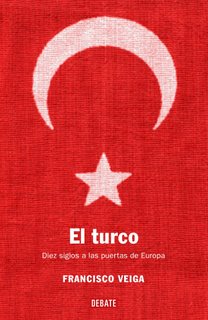

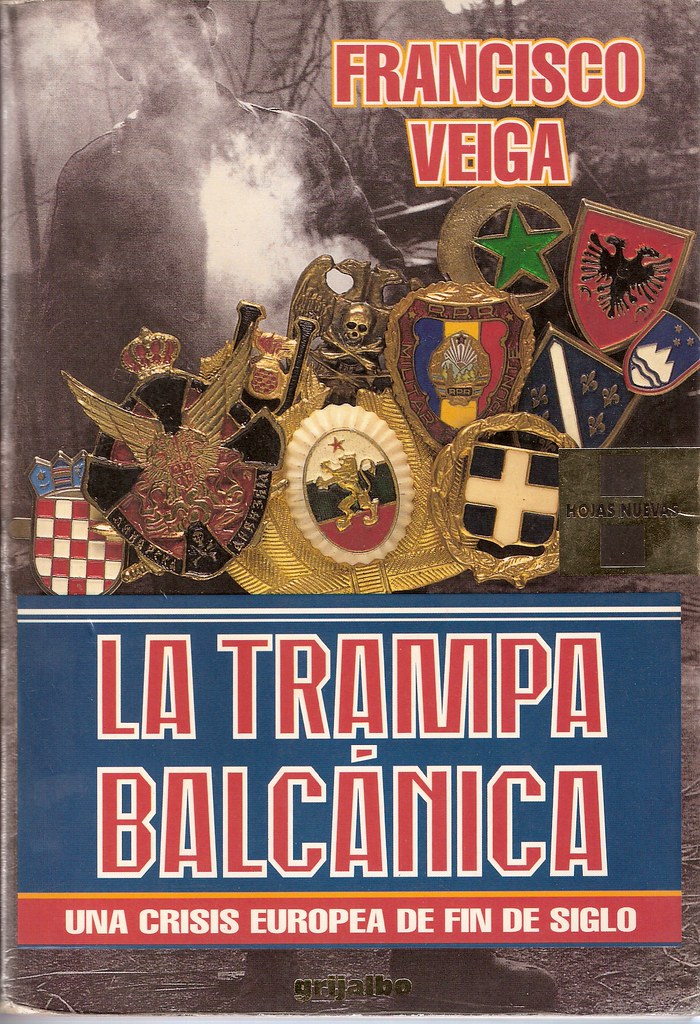
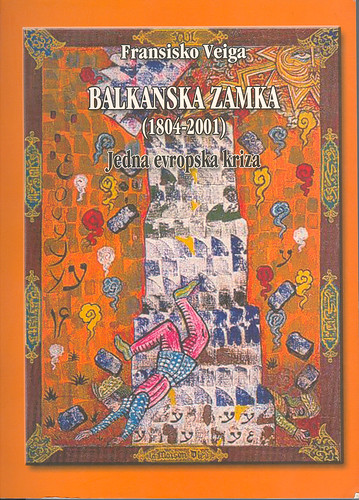
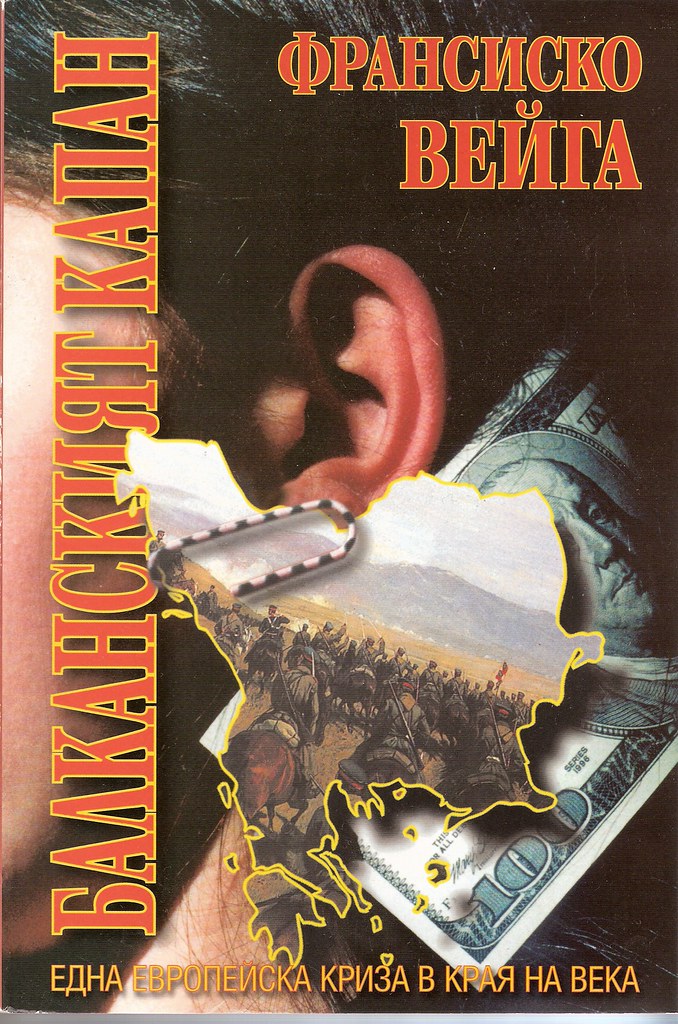
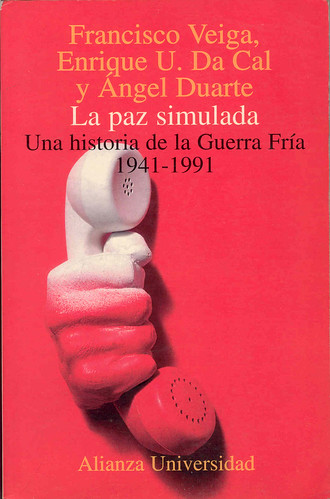
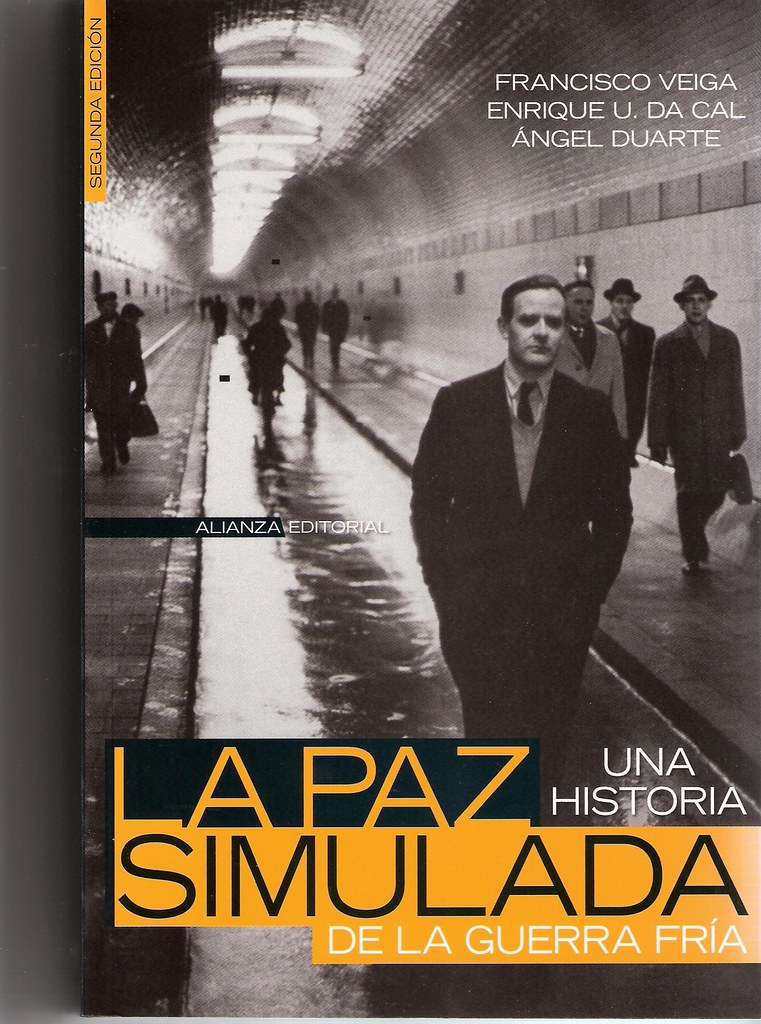
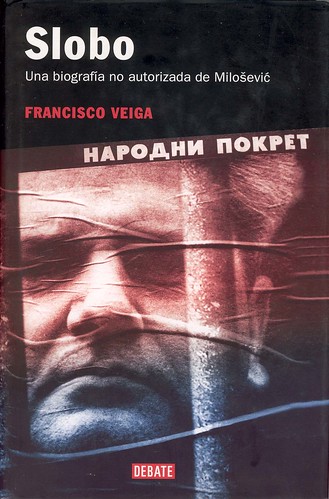
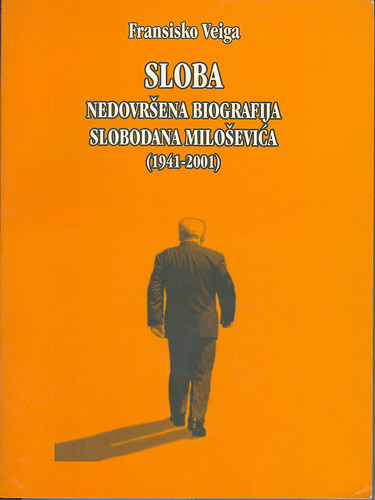
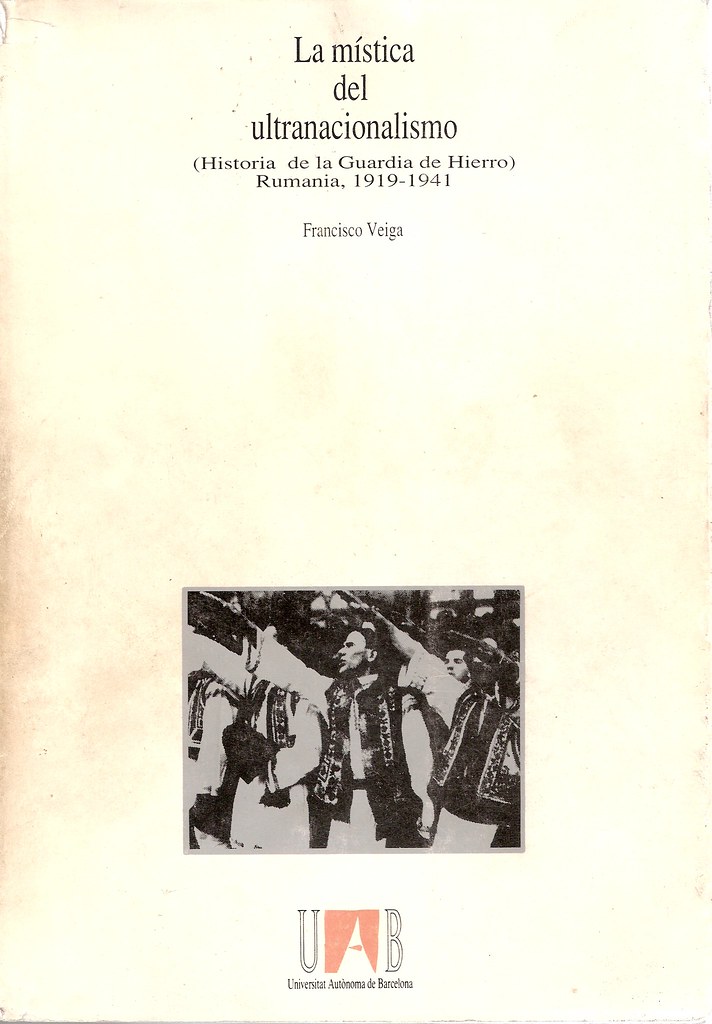
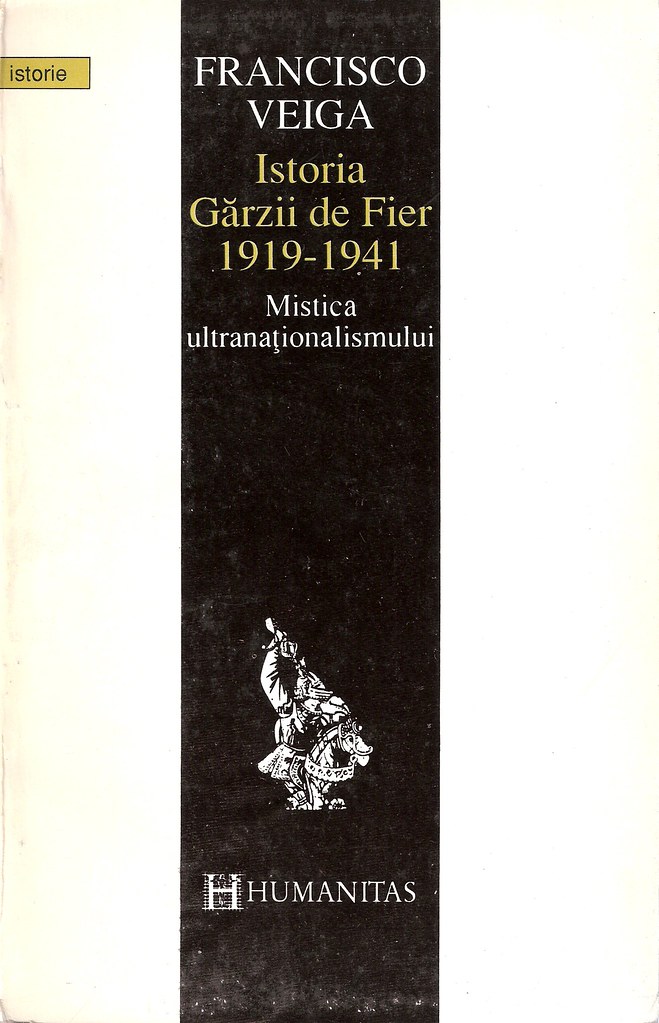

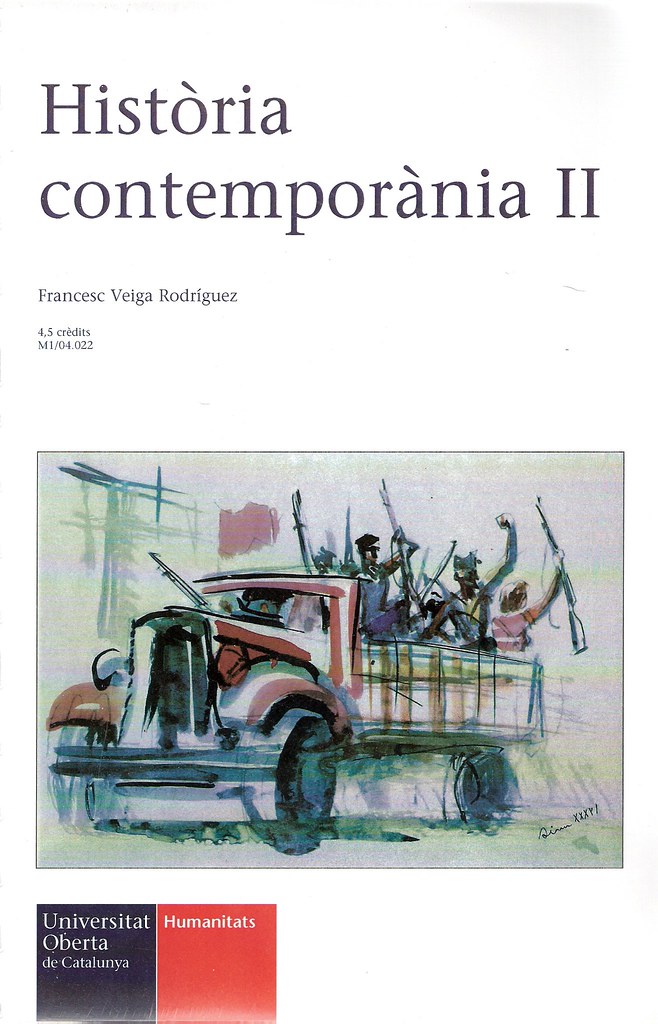
<< Home